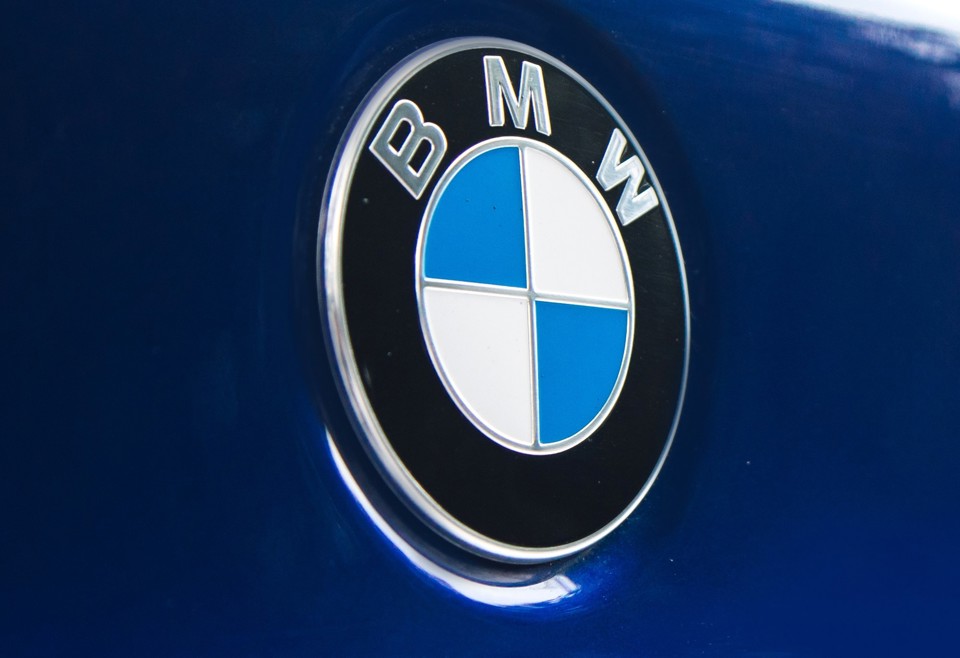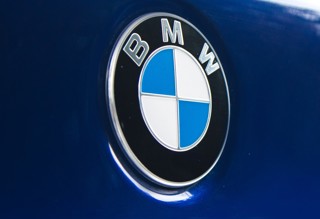A coroner has highlighted the DVSA’s lack of demands for BMW to recall cars prone to sudden power failure in concluding an inquest into the death of a former Gurkha who died in a collision involving a stricken 3 Series saloon.
As AM reported following the opening of the hearing at Woking Coroners’s Court earlier this month, the German premium car manufacturer had failed to inform the DVSA about electrical faults which could stall its cars and lead the brake lights to fail.
It had first received complaints about the fault – affecting 1 Series, 3 Series and Z4 models – five years earlier, and at least five cars had been fixed under warranty. But it deemed the fault was not "critical".
On Christmas Day 2016, a stalled BMW on a dark A-road forced Narayan Gurung to swerve his Ford Fiesta, losing control and colliding with a tree. Gurung died at the scene and his wife was seriously injured.
The inquest at Woking Coroner's Court was told how BMW had received complaints of an electrical issue that caused a total power failure as early as 2011 but had not issued a UK recall.
After Gurung's death BMW issued a recall of 36,000 cars in the UK and last month the premium German car manufacturer advised the owners of 312,000 vehicles – including the BMW 1 Series, the 3 Series, the Z4 and its X1 petrol and diesel models made between March 2007 and August 2011 – that their vehicles should be returned to its franchised network for a solution to be administered.
However, recording a narrative verdict in the conclusion of an inquest today, Her Majesty’s Assistant Coroner said: “Both BMW UK Limited and BMW AG were aware of the potential B+ cable fault in categories of vehicles manufactured between March 2007 and September 2011 and the fact that this could lead to a total loss of power at any time and without warning to the driver.
“Despite that knowledge no recall of the vehicles affected was instigated. Incidents involving this fault had been reported to the Driving Vehicle Safety Authority from October 2014 and was subject to an on-going investigation.
“During a meeting between the DVSA and BMW UK Limited on 26 February 2016, some 16 months after the initial reports had been received by the DVSA, the DVSA recognised and highlighted the risk this fault posed to other road users, as they would not be able to see the powerless unilluminated car on an unlit road.
“However, despite recognising this risk this DVSA failed to call for and BMW AG and BMW UK Limited failed to initiate a recall until after Mr Gurung’s death.”
A statement issued by the family of the late Mr Gurung, by their solicitors Barlow Robbins LLP, stated: “Today’s ruling does not represent a comforting or satisfying conclusion.
“This case raises critical questions surrounding vehicle safety standards in this country, as well as the conduct of both the DVSA and of BMW UK and BMW AG.
“Her Majesty’s Assistant Coroner raised concerns and has stated she will issue a statutory Prevention of Future Death Report pursuant to Paragraph 7 of Schedule 5 of the Coroners and Justice Act 2009 about the lack of procedure to be followed and the timeframe to be implemented by the DVSA once potential areas of concern have been identified regarding vehicle safety.
“We hope action will be undertaken by the DVSA in conducting a comprehensive review of its procedures for investigating issues of vehicle safety and potential vehicle recalls.
“Further, Her Majesty’s Assistant Coroner had concerns about the limited recall undertaken by BMW despite its knowledge of the defect and ability to rectify the issue.
“It has only been after the evidence given at this Inquest that BMW UK has instigated a full recall of both petrol and diesel vehicles manufactured over the period March 2007 to October 2011. This delay ultimately contributed to Mr Gurung’s death.
“Let us hope Mr Gurung’s tragic and unnecessary death will help prevent such incidents from ever reoccurring.”

















Login to comment
Comments
No comments have been made yet.